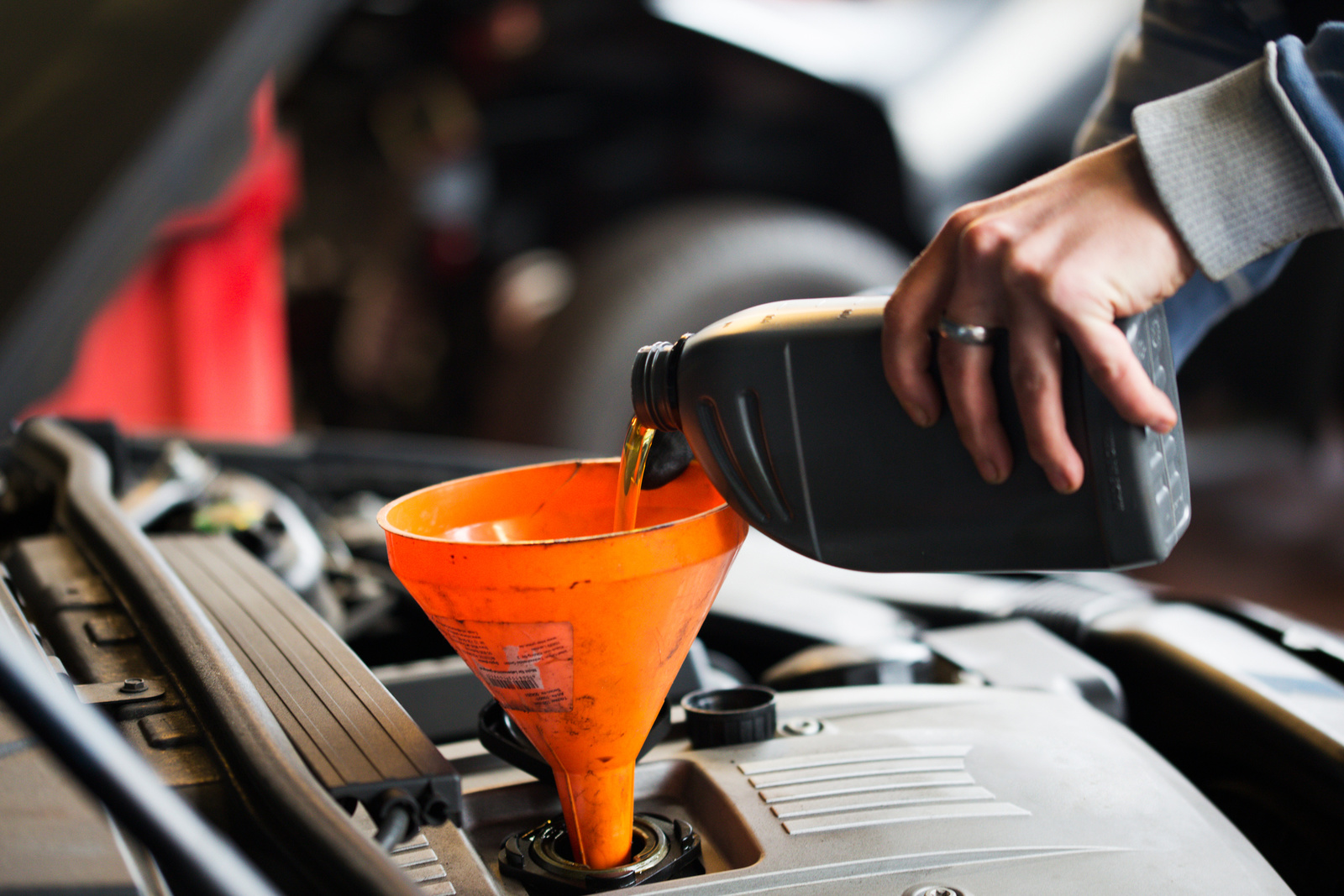All Categories
Featured
Mastering Complexity: Exactly How Car Repair Shops Tackle Advanced Automobile Solutions
The automotive industry has gone through a substantial transformation over the past few years. Cars currently come outfitted with innovative technologies like advanced driver-assistance systems (ADAS), hybrid and electric powertrains, and integrated infotainment systems. These innovations boost efficiency, safety and security, and convenience but likewise present unique challenges for vehicle service center. To satisfy these demands, repair facilities have actually adjusted by developing their tools, abilities, and processes to manage the complexity of modern cars.Comprehensive Diagnostics. One of the initial steps in dealing with complicated vehicle systems is precise diagnostics. Modern cars and trucks depend on networks of sensors and digital control devices (ECUs) to keep track of and manage various subsystems, including the engine, brakes, and steering. When a concern develops, technicians use analysis devices to communicate with the automobile's onboard computer system systems.
A fault in an ADAS function like adaptive cruise control could need recalibrating sensing units making use of advanced devices. Without these devices, diagnosing and repairing such systems would certainly be almost difficult.
Purchasing Continual Training. Technological improvements in cars demand continuous learning for car repair technicians. Service centers purchase routine training programs to ensure their groups stay ahead of the contour. Qualifications from organizations like ASE (Automotive Solution Excellence) and brand-specific programs prepare service technicians to manage intricate systems for details automobile makes and designs.
In addition, as crossbreed and electrical cars come to be a lot more common, professionals are educated to collaborate with high-voltage systems safely. This specific knowledge allows stores to service a wider series of vehicles and address unique difficulties like battery maintenance, inverter issues, and regenerative stopping fixings.

Advanced Equipment and Equipment. Modern service center are furnished with advanced tools developed to handle the details of contemporary automobile systems. :
ADAS Calibration Tools: Used to align and recalibrate cams, radar, and ultrasonic sensors. Battery Diagnostic Systems: Vital for evaluating the health and wellness of high-voltage battery packs in hybrid and electrical cars. Configuring Interfaces: Enable service technicians to upgrade vehicle software program and reprogram ECUs when essential. These tools ensure repair work are performed to the greatest standards, recovering performance and maintaining supplier specs.
Partnering with Makers. Many independent service center collaborate with car manufacturers to acquire accessibility to fix handbooks, software updates, and OEM (Original Equipment Manufacturer) components. These partnerships make it possible for shops to do repair services that are on par with car dealership criteria. Accessibility to real-time technical assistance from suppliers guarantees that facility troubles can be fixed efficiently.

Focusing On Openness. With the complexity of modern-day fixings, clear communication with consumers is more crucial than ever before. Leading repair work stores make use of electronic tools to create comprehensive examination reports, full with video clips and pictures. This transparency helps customers comprehend the extent of repair work, build count on, and make educated decisions concerning their automobiles.
Verdict. Auto service center have come to be greater than simply mechanical provider-- they are currently hubs of technology and knowledge. By combining state-of-the-art tools, highly trained specialists, and calculated supplier partnerships, they make sure contemporary cars receive the care they need. For vehicle proprietors, picking a service center furnished to take care of these innovative systems is crucial for reputable and secure vehicle efficiency in today's tech-driven vehicle landscape.
Latest Posts
A Desire Wedding Experience at FunCity Resort
Published Apr 20, 25
1 min read
Unlock Your Dream Fence with Flexible Financing Options
Published Apr 19, 25
0 min read
A Trip Via Time at the Deauville Inn
Published Apr 19, 25
1 min read